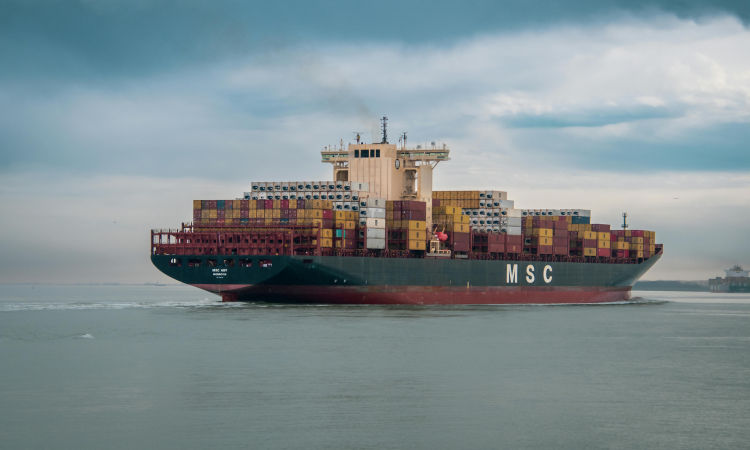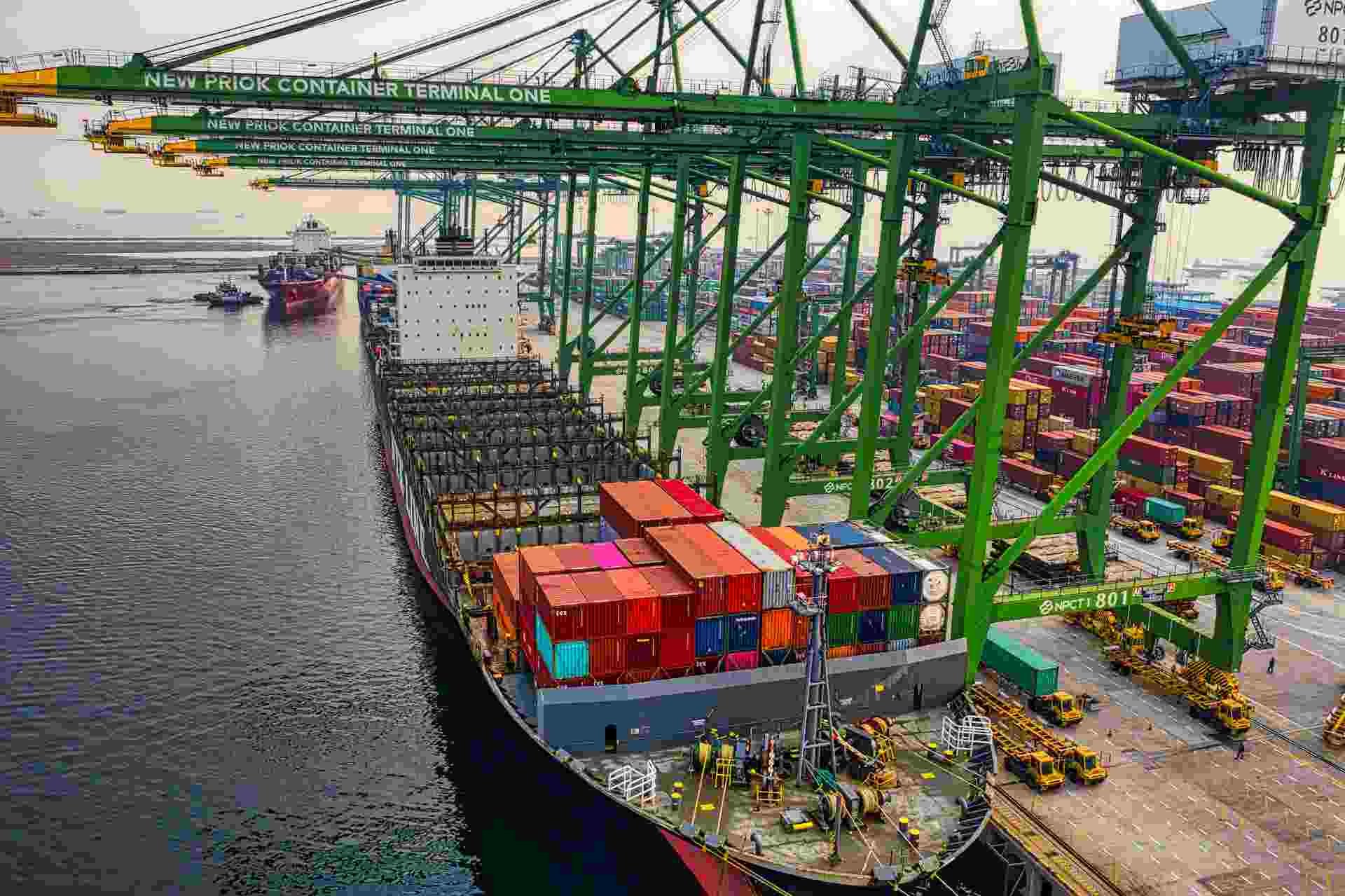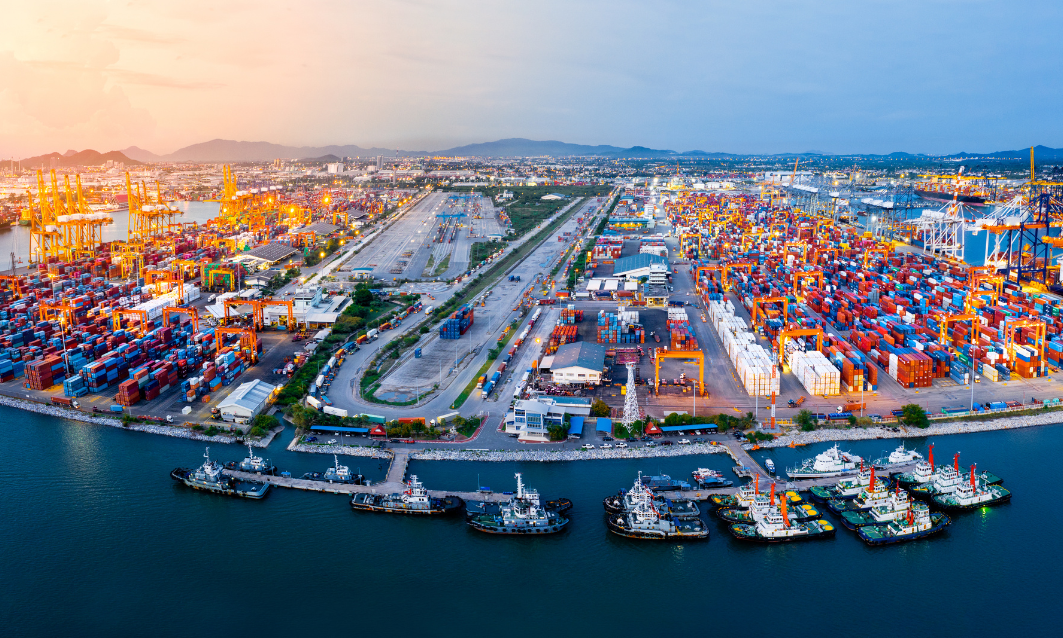Global logistics is the backbone of international trade, ensuring goods move efficiently across continents. Over the past few decades, established markets like the US, EU, and China have dominated the sector. But as global trade shifts, Emerging Markets are stepping into the spotlight, offering new opportunities for investment, innovation, and growth.
From Southeast Asia to Africa, these rising economies are not just catching up—they’re reshaping Global Logistics networks and creating entirely new trade routes. The question for supply chain leaders is: where’s the next big boom?
Why Emerging Markets Matter in Global Logistics
Untapped Consumer Demand: Growing middle classes mean higher consumption and import needs.
Manufacturing Expansion: Companies diversifying away from traditional hubs are setting up in new regions.
Infrastructure Investments: Roads, ports, and airports are improving to handle increased trade.
Strategic Trade Locations: Many emerging markets sit along vital shipping and air freight routes.
As these regions develop, they become key nodes in the global supply chain, influencing costs, transit times, and trade flows.
Top Emerging Markets to Watch
1. Vietnam – Southeast Asia’s Rising Star
Vietnam has become a go-to alternative to China for manufacturing, especially in textiles, electronics, and furniture.
Strengths:
o Proximity to major shipping lanes in the South China Sea
o Free trade agreements with the EU, UK, and Asia-Pacific nations
o Competitive labor costs
Logistics Outlook: With ports like Hai Phong and Ho Chi Minh City expanding, Vietnam is set to handle a growing share of Asia’s exports.
2. India – The Supply Chain Powerhouse in the Making
India’s economy is projected to be one of the fastest-growing in the world.
Strengths:
o Large labor force
o Strategic location for East-West shipping routes
o Rapid growth in e-commerce fueling domestic logistics demand
Logistics Outlook: Government initiatives like the GatiShakti infrastructure plan aim to modernize ports, railways, and roads, making India a logistics leader.
3. Nigeria – Africa’s Gateway Market
Nigeria is Africa’s largest economy with a young, urbanizing population.
Strengths:
o Strategic Atlantic coastline location
o Growing consumer market of over 200 million people
o Oil and gas exports driving port investment
Logistics Outlook: Challenges like customs delays remain, but private and public investment in ports like Lagos’ Lekki Deep Sea Port are game changers.
4. Brazil – Latin America’s Trade Giant
Brazil leads the South American economy and natural resource exports.
Strengths:
o Vast agricultural exports (soy, coffee, beef)
o Developing road and rail networks for freight efficiency
o Ports like Santos handling significant container volumes
Logistics Outlook: Increased investment in cold chain logistics will make Brazil more competitive in global food exports.
5. United Arab Emirates – Middle East Logistics Hub
The UAE has positioned itself as a bridge between East and West.
Strengths:
o Dubai’s Jebel Ali Port and world-class airports
o Free trade zones encouraging foreign investment
o Strategic location connecting Europe, Asia, and Africa
Logistics Outlook: Continued diversification away from oil will drive logistics innovation in e-commerce and re-exports.
Key Trends Driving the Logistics Boom in Emerging Markets
1. Supply Chain Diversification
The pandemic and geopolitical tensions have shown the risks of over-reliance on a single region like China. Companies are adopting a China+1 strategy, spreading production to countries like Vietnam, India, and Indonesia.
2. Digital Logistics Transformation
Emerging markets are embracing technology to leapfrog older systems:
• Cloud-based freight management
• Blockchain for transparent customs processes
• AI-driven route optimization
3. Infrastructure Investments
Governments and private investors are pouring billions into:
• Deep-water ports
• Rail freight corridors
• Smart warehouses with automation capabilities
4. Regional Trade Agreements
Trade pacts such as the Regional Comprehensive Economic Partnership (RCEP) in Asia and the African Continental Free Trade Area (AfCFTA) are breaking down barriers, boosting intra-regional trade.
Challenges to Overcome
While opportunities are vast, emerging markets face hurdles:
Regulatory Complexity: Inconsistent customs rules can delay shipments.
Infrastructure Gaps: Rural areas often lack transport connectivity.
Political Instability: Can disrupt trade flows.
Talent Shortages: Skilled logistics professionals are in high demand.
How Businesses Can Tap into Emerging Logistics Markets
1. Partner with Local Logistics Providers
They offer insider knowledge on regulations, infrastructure, and cultural factors.
2. Invest in Technology Early
Implement digital supply chain tools that work across diverse regions for visibility and control.
3. Start with Regional Hubs
Identify cities with strong transport links to act as gateways for surrounding areas.
4. Build Flexible Supply Chains
Diversify your sourcing and manufacturing sites so that you can swiftly adjust to interruptions.
The Future Outlook
The next decade will see emerging markets playing an increasingly central role in Global Logistics. With supply chains shifting toward resilience and diversification, these regions will attract manufacturers, logistics providers, and investors looking to secure their position in a changing trade landscape. Companies that move early to establish operations, partnerships, and distribution networks in these markets will have a significant competitive advantage when the boom fully unfolds.
The next boom in global logistics won’t happen in one place—it will be a network of rising economies transforming the way goods move across the world. From Vietnam’s manufacturing surge to Nigeria’s consumer growth and Brazil’s agricultural power, the opportunities are vast. For logistics professionals, freight forwarders, and investors, the message is clear: The future of Global Logistics is being built in today’s emerging markets.
As Tranznova, we believe technical excellence is the backbone of global logistics success and our mission is to deliver seamless, future-ready solutions that keep your business moving forward.




